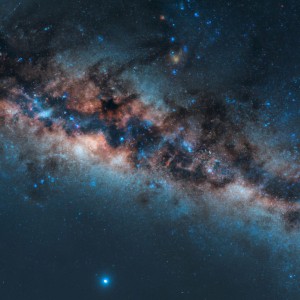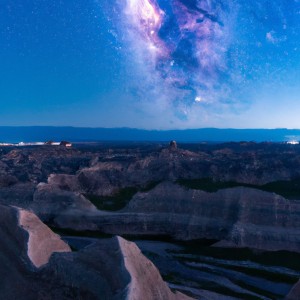Why Everything in the Universe Will Eventually Die
The universe seems to be infinite and eternal, and it is home to countless galaxies, stars, planets, and other celestial bodies. However, despite its vastness and complexity, the universe is not exempt from the law of entropy, which dictates that all things tend towards disorder and decay. This means that, in the long run, everything in the universe will eventually die or decay. In this article, we will explore some of the reasons why this is the case.

One of the primary reasons why everything in the universe will eventually die is the second law of thermodynamics. This law states that the entropy, or the amount of disorder, of a closed system always increases over time. In other words, as time goes on, the energy in the universe becomes more spread out and less concentrated, which makes it less available for useful work. This is why all forms of energy eventually degrade and become unusable.
Another reason why everything in the universe will eventually die is the existence of black holes. Black holes are incredibly massive objects that form when the cores of supergiant stars collapse into an infinitesimal point of infinite gravity called a singularity. Anything that enters a black hole, including light, is trapped forever and can never escape. Over time, black holes grow larger as they consume more matter, eventually becoming so massive that they can consume entire galaxies. This means that, over time, black holes will absorb all the matter in the universe and leave behind nothing but pure energy.
Another factor that contributes to the eventual demise of everything in the universe is the expansion of space itself. The universe is expanding at an accelerating rate, which means that the distance between galaxies is increasing over time. As a result, the average temperature of the universe is slowly decreasing, and eventually, all the stars and galaxies will lose their energy and fade away.
Finally, the ultimate fate of the universe is the heat death scenario. This hypothesis suggests that, over a period of trillions of years, the universe will become so spread out and disordered that no further useful work can be done. All the stars will die, and the universe will be left with only black holes and other decaying matter. Eventually, even the black holes will decay and evaporate through a process called Hawking radiation, leaving behind nothing but an empty and infinitely large void.
In conclusion, everything in the universe will eventually die or decay because of the second law of thermodynamics, the existence of black holes, the expansion of space itself, and the heat death scenario. While the timescale is incredibly long, and we may never see the end of the universe in our lifetimes, it is a reminder that everything we see around us is temporary and fleeting. However, we can take comfort in the fact that the universe has already existed for billions of years, and it is still a source of wonder and beauty that continues to inspire us every day.













评论